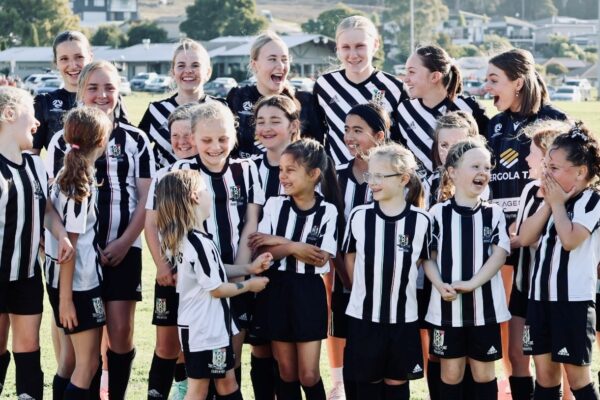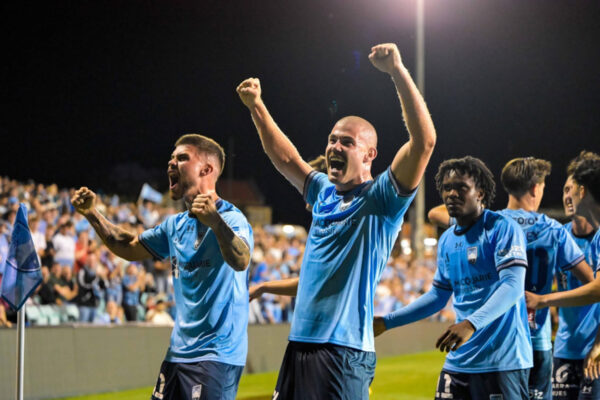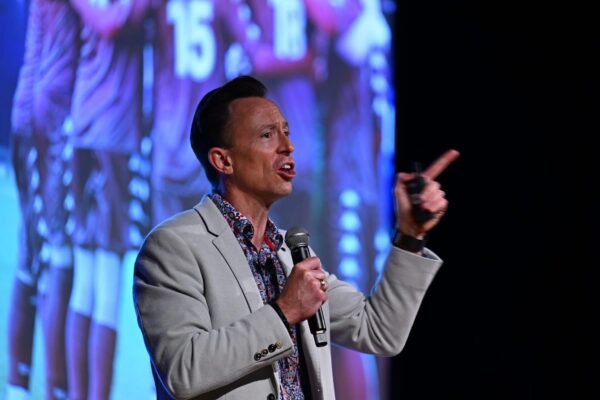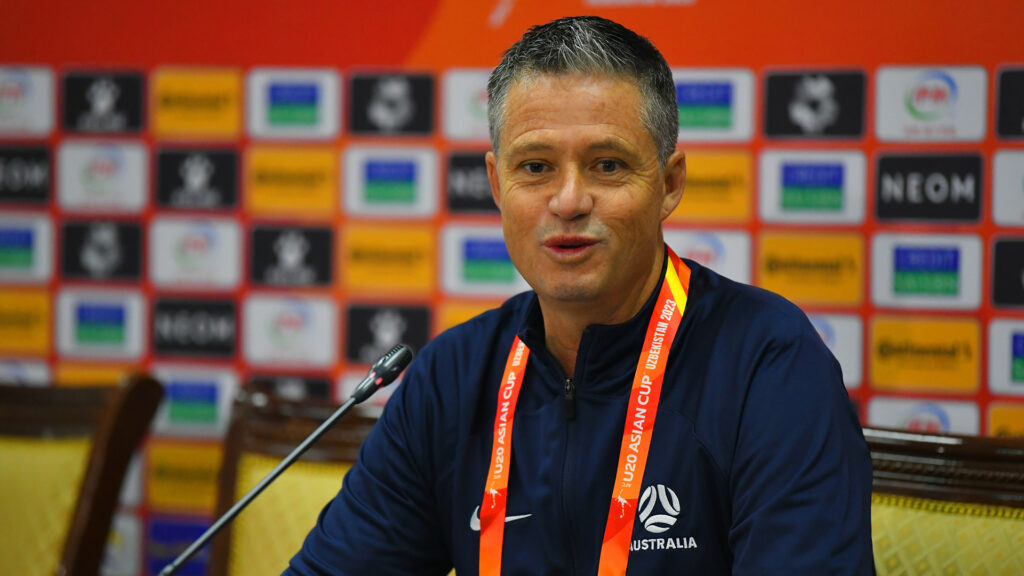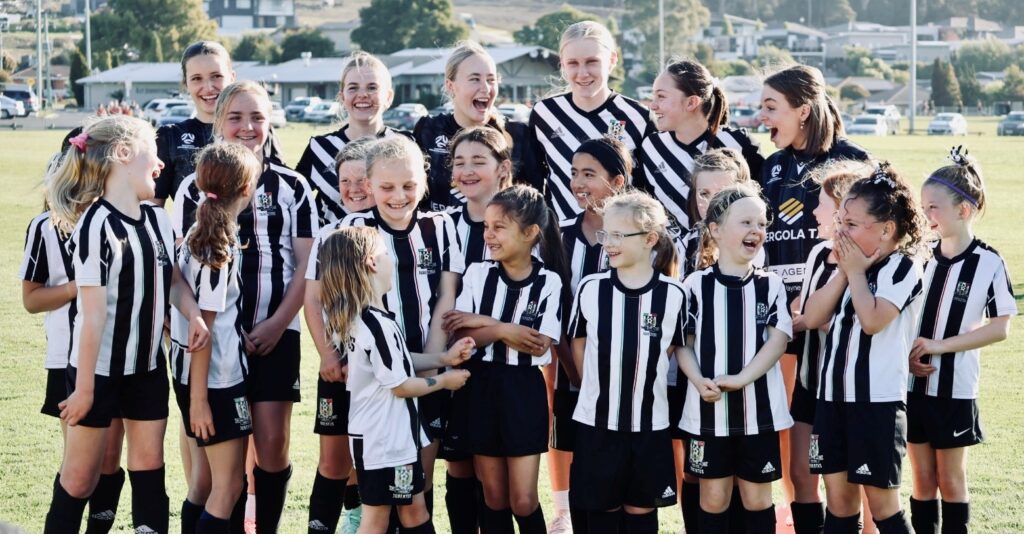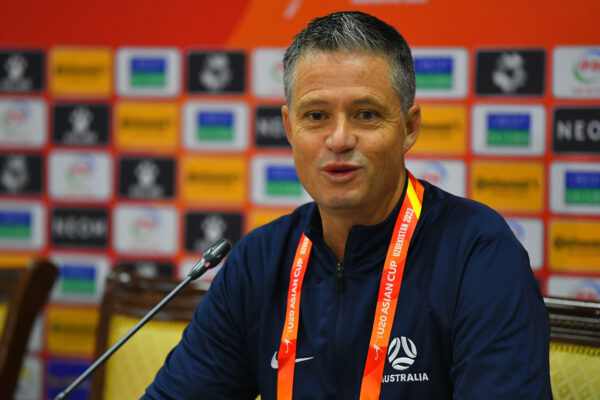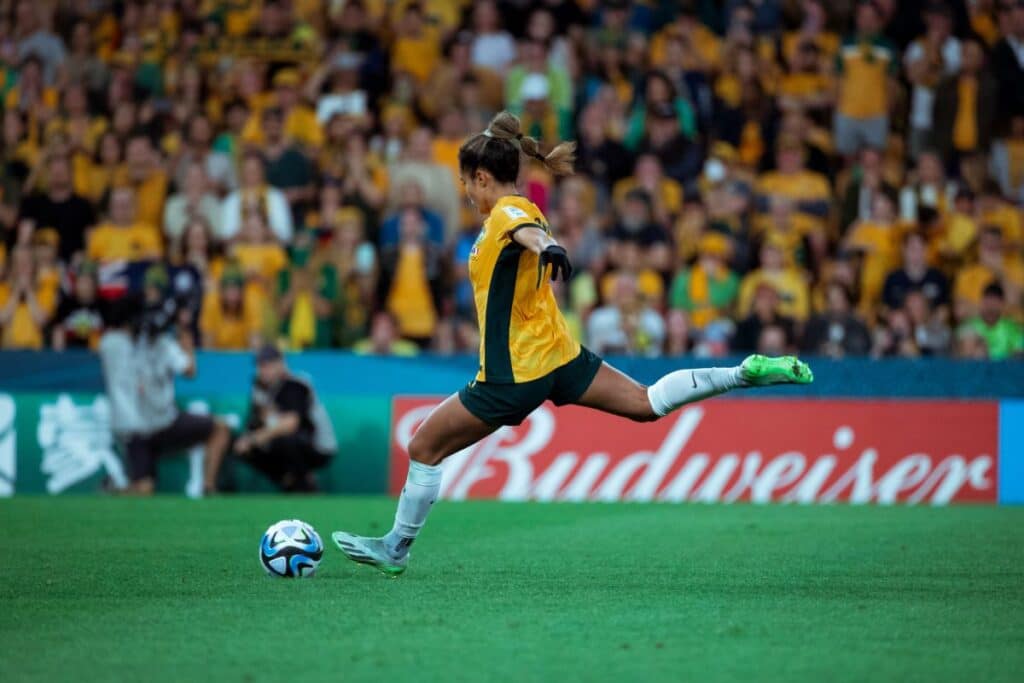
The National Women’s Soccer League (NWSL) has confirmed a major update to its collective bargaining agreement (CBA) with players, effective until 2030.
This move to abolish the draft was expected with the NWSL competing with European leagues for talent and growing at an extraordinary rate, leaving them to focus more on player welfare.
Key changes in the new CBA include:
Draft System Abolished: The NWSL will no longer use a draft system, making it the first major U.S. sports league to do so. This means players will have more control over their team choices.
Revenue Sharing and Salary Cap: The salary cap will increase significantly, from $3.3 million in 2025 to at least $5.1 million by 2030. Players will also benefit from a new revenue-sharing model that ties their salaries to the league’s media and sponsorship income.
Improved Player Benefits: The minimum salary will rise from $48,500 to $82,500 by 2030. All player contracts will now be guaranteed. Additional benefits include expanded parental leave, childcare support, mental health services, and access to more health professionals.
Travel and Commercial Opportunities: Teams will have more charter flight options, and the league will commercialise player performance data. Players will also be more accessible to fans and media, and the number of games per season may increase.
Overall, these changes aim to improve player autonomy, compensation, and support while aligning the NWSL with global standards for women’s football.
Comparison to the A-League Women’s structure
The lack of professionalism in the A-League Women’s competition is a stark contrast to the NWSL’s incredible rise, and while it’s unfair to compare one for one in terms of money, the foundations of its success hinged on its ability to pay players properly in the early doors of its existence.
In the 2023/24 season, the minimum wage for ALW players increased to $25,000 by virtue of the extended season, which went to a full home-and-away schedule for the first time.
Players were typically contracted for 35 weeks for a 22-round regular season, with four extra weeks for finals, factoring in preseason training.
The PFA survey conducted an important survey at the end of last season which found many players unhappy with the pay disparity to the A-League Men’s, failing to provide enough remuneration for players to live.
In the survey, 66% of respondents said $60,000 a year would enable them to put 100 per cent focus into their football career whilst 3 in every 5 (60%) claimed to have a second job other than their football, 46% of the players who worked a second job put more than 20 hours in a week at their other occupation.
By contrast, only 15% of A-League Men players were doing some work outside of playing this season, and 93% of those worked less than ten hours per week.
This lack of professionalism has recently forced the hand of top ALW talent like Macey Fraser, Courtnee Vine and Charlotte McLean who all made the move this winter to the NWSL, leaving behind a fair drop in talent for the domestic competition.
A reminder that in the Matildas World Cup squad, every single player had started their career in the A-League Women’s competition, and it continues to lack the investment required to truly grow.
What is required for the sport to grow and for players to develop properly in this country is better standards for player welfare, giving top talent a reason to play domestically and growing the game in its own backyard.
Without this, the league will continue to be a stepping stone into Europe or the US with the talent pool suffering over here, which in turn stagnates the marketability of a league that should be growing rapidly following an incredible 2023 FIFA WWC.




